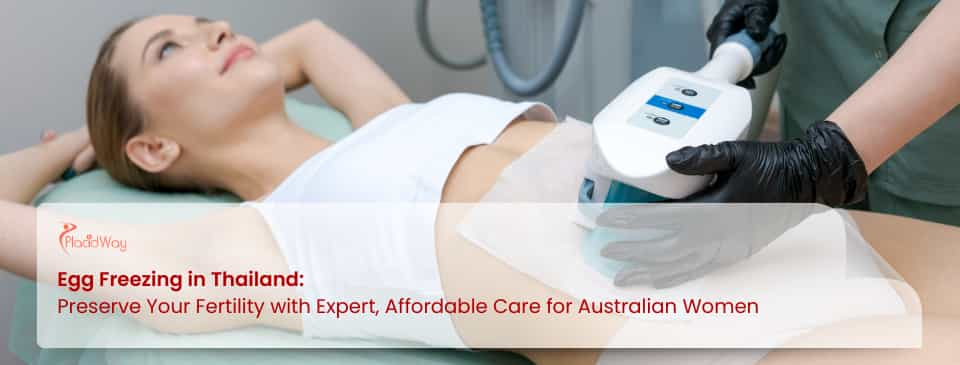
Thinking about egg freezing to future-proof your fertility? Thailand has emerged as a top choice for Australian women, offering high-quality, cost-effective care with world-class medical facilities and experienced fertility specialists.
Thailand has quickly become a leading destination for medical tourism, particularly for fertility treatments like egg freezing (oocyte cryopreservation). For women in Australia, where the procedure can be prohibitively expensive and often lacks public funding, Thailand presents a compelling and affordable alternative. This guide provides a comprehensive overview of why so many Australian women are making the journey to Bangkok and other Thai cities to take control of their reproductive future.
Key Takeaways
-
The cost of egg freezing in Thailand is significantly lower than in Australia, with savings of up to 40-60%.
-
A complete egg freezing cycle in Thailand typically costs between $5,000 to $7,500 AUD, which includes medication, consultations, and the retrieval procedure.
-
In contrast, a single cycle in Australia can cost upwards of $7,000 to $10,000 AUD, not including medication, which can add another $1,500 to $3,000 AUD to the final bill.
-
Many reputable Thai clinics, often with international accreditations, offer all-inclusive packages designed for international patients, ensuring a seamless and stress-free experience.
The Rising Trend of Fertility Preservation
Fertility preservation, or egg freezing, is a medical procedure that allows women to harvest and store their eggs for future use, essentially pausing their biological clock.
The decision to freeze your eggs is a highly personal one, driven by various factors. For many Australian women, it's about gaining peace of mind and preserving the option of having a child later in life. This is particularly relevant as more women prioritize education and career goals, or are yet to find a suitable partner.
A key driver for seeking this procedure abroad is the substantial financial burden it represents. In Australia, private health insurance typically does not cover elective egg freezing, making the out-of-pocket costs a major barrier. By choosing a destination like Thailand, women can access the same advanced technology and expert care at a fraction of the price.
Did You Know? The ideal age to freeze your eggs is generally considered to be in your late 20s to early 30s, as egg quality and quantity naturally decline after the age of 35. This is when the procedure is most effective.
The Egg Freezing Process: A Step-by-Step Guide
The egg freezing journey in Thailand is a carefully monitored, multi-step process that typically takes about two to three weeks to complete.
Understanding the process is crucial for planning your medical trip. Thai fertility clinics are renowned for their clear communication and streamlined care for international patients. Here's what you can expect:
Initial Consultation & Assessment
This first step involves a comprehensive evaluation of your reproductive health to determine your suitability for the procedure.
This can often be done remotely via video call. The fertility specialist will review your medical history, and you'll undergo blood tests (including AMH (Anti-Müllerian Hormone), FSH, and estradiol) and an ultrasound to assess your ovarian reserve. Based on these results, a personalized treatment plan and medication protocol will be developed.
Ovarian Stimulation & Monitoring
The goal of this phase is to stimulate your ovaries to produce multiple mature eggs for retrieval.
For about 10-14 days, you will self-administer hormonal injections. During this time, you will have regular clinic visits for blood tests and ultrasounds to monitor the growth of your follicles. This close monitoring is key to ensuring a successful outcome and minimizing risks like Ovarian Hyperstimulation Syndrome (OHSS). This is the main period you need to be in Thailand.
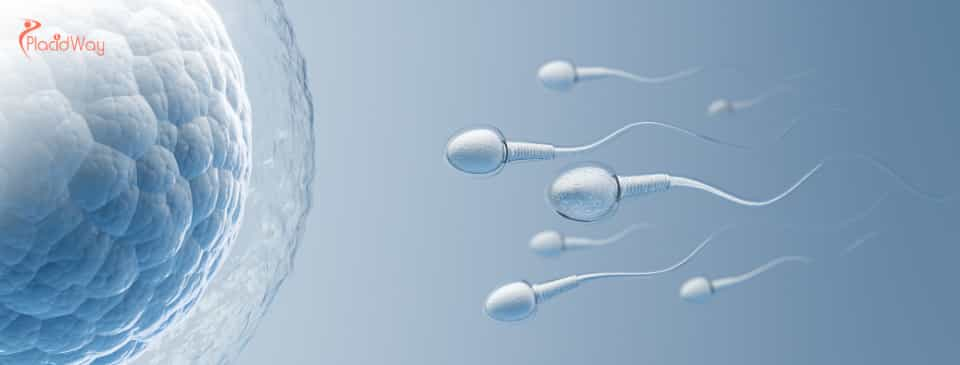
Egg Retrieval Procedure
The retrieval is a quick, minimally invasive surgical procedure performed under sedation.
Once the follicles have matured, a final "trigger" shot is administered, and the retrieval is scheduled approximately 36 hours later. The procedure takes about 15-20 minutes, where a thin needle guided by ultrasound is used to aspirate the eggs from the follicles. The eggs are then immediately taken to the lab for preparation.
Vitrification & Storage
After retrieval, the eggs are flash-frozen using a process called vitrification and stored in liquid nitrogen.
Vitrification is a state-of-the-art technique that prevents ice crystal formation, which can damage the eggs. This process ensures the eggs maintain their quality for future use. The eggs are then stored indefinitely in a cryo-tank until you are ready to use them.
A Cost Comparison: Thailand vs. Australia
The financial savings are often the primary reason Australian women choose to undergo egg freezing in Thailand, with costs being a significant portion of the total decision-making process.
The difference in cost between Thailand and Australia is substantial. While specific prices can vary between clinics and based on individual needs, the following table provides a general comparison to help you understand the potential savings.
Expert Insight: A leading fertility specialist in Bangkok, states, "We've seen a dramatic increase in patients from Australia. The combination of our advanced technology, high success rates, and the significant cost savings makes us an attractive option. We can provide a comprehensive package that covers all medical and logistical aspects, offering peace of mind to our international clients."
Navigating the Legal Landscape
The legal and ethical considerations for egg freezing differ from country to country. It is crucial for Australian patients to understand Thai regulations before proceeding.
As of recent changes, Thailand's legal framework for fertility treatments is more flexible for foreigners. While historically, some procedures were restricted to married, heterosexual couples, elective egg freezing for single women is now widely accepted and legally permissible. This makes Thailand a viable option for a broad range of patients. However, it is essential to work with a reputable clinic that is fully compliant with all Thai Ministry of Public Health regulations.
Risks and Considerations
While egg freezing is a very safe procedure, it is still a medical process with potential risks and side effects that you should be aware of.
The most common side effects are temporary and mild, including bloating, mood swings, and breast tenderness due to the hormonal medication. Less common, but more serious risks include Ovarian Hyperstimulation Syndrome (OHSS), infection, or bleeding. However, with careful monitoring and expert care, the risk of serious complications is extremely low.
Did You Know? Egg freezing does not deplete your ovarian reserve or cause early menopause. The procedure simply harvests eggs that would have otherwise been naturally lost during that menstrual cycle.
Choosing the Right Clinic in Thailand
Selecting a reputable clinic is the most important step in your egg freezing journey.
For Australian patients, finding a clinic that meets international standards is paramount. Look for clinics that:
-
Are JCI (Joint Commission International) or other internationally accredited.
-
Employ English-speaking staff and doctors.
-
Have transparent pricing and comprehensive packages.
-
Offer clear communication and support for international patients.
-
Utilize advanced vitrification technology and modern laboratory equipment.
Reputable clinics in Bangkok, such as Genea Thailand, Bangkok Hospital, and SAFE Fertility Center, are popular choices that meet these criteria.
.png)
FAQ: Your Top Questions Answered
How much does it cost to freeze your eggs in Thailand?
The total cost for a single egg freezing cycle in Thailand typically ranges from $5,000 to $7,500 AUD. This often includes all components of the treatment, from initial consultation and medications to the egg retrieval and first-year storage.
Is egg freezing legal for a single woman in Thailand?
Yes, egg freezing for elective, personal use is legal and widely available for single women in Thailand. The procedure is not restricted to married couples, which makes it an excellent option for Australian women who are not yet in a relationship.
How many eggs should I freeze for a successful pregnancy?
The number of eggs needed depends heavily on your age at the time of freezing. For women under 35, retrieving and freezing 15-20 eggs is often recommended to achieve a good chance of a future live birth. This may require more than one cycle.
How long do I need to stay in Thailand for the procedure?
A typical egg freezing cycle requires you to be in Thailand for approximately 2-3 weeks. This allows for the ovarian stimulation, daily monitoring, and the egg retrieval procedure itself, followed by a short recovery period before flying home.
Are Thai fertility clinics as good as Australian ones?
Yes, many Thai fertility clinics meet or exceed international standards, with some being internationally accredited (e.g., JCI). They use the same advanced technology and cryopreservation techniques as clinics in Australia, often with highly experienced, Western-trained specialists.
What is the success rate of egg freezing?
The success rate is highly dependent on the woman's age when the eggs were frozen. Eggs frozen at a younger age (under 35) have a higher chance of leading to a live birth. On average, the chance of a live birth per thawed egg is around 5-10%, which is why freezing a sufficient number of eggs is so important.
What happens if I don't use my frozen eggs?
If you decide not to use your frozen eggs, you have several options. You can continue to store them, discard them, or in some cases, donate them to other women or for scientific research, depending on the clinic's and Thailand's legal guidelines.


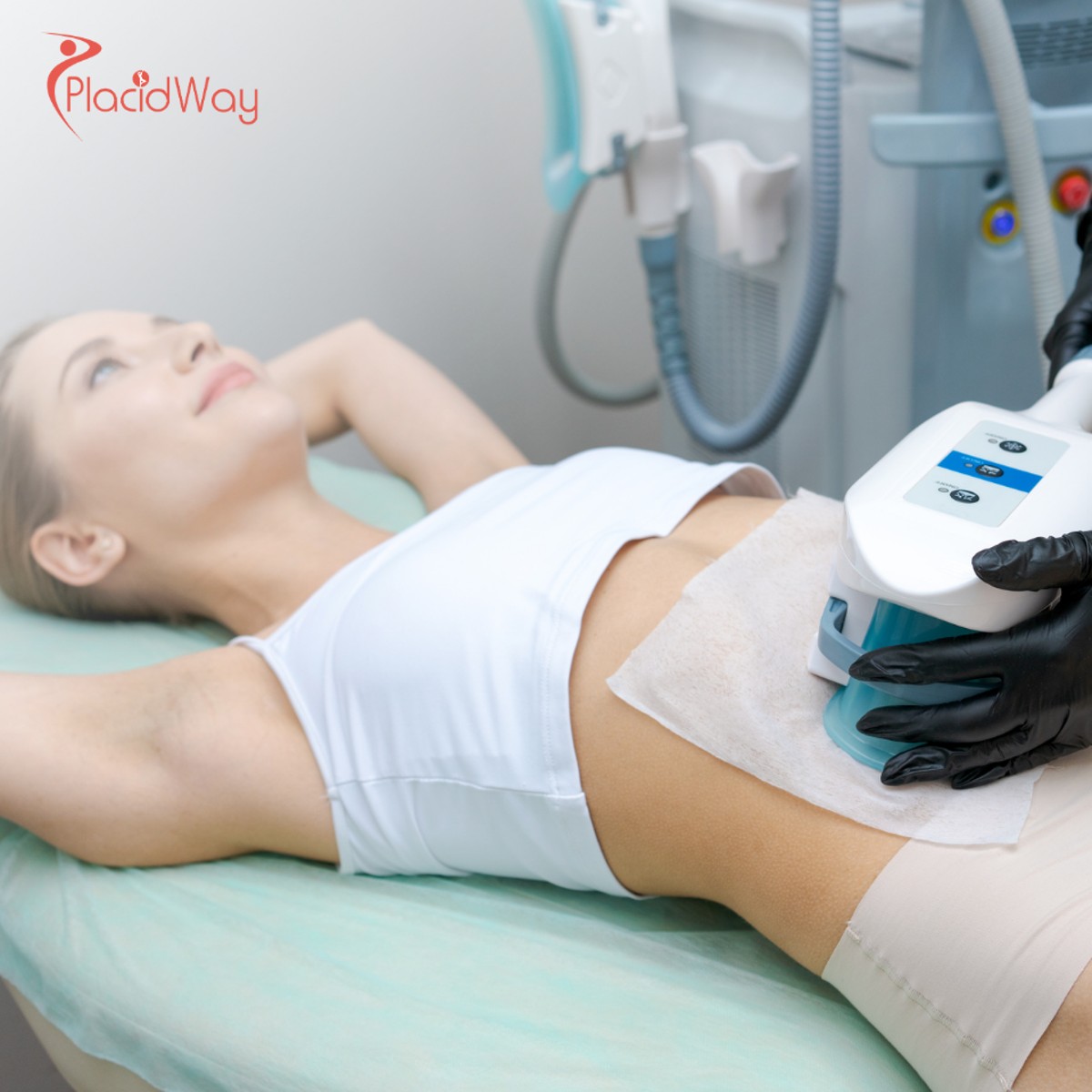
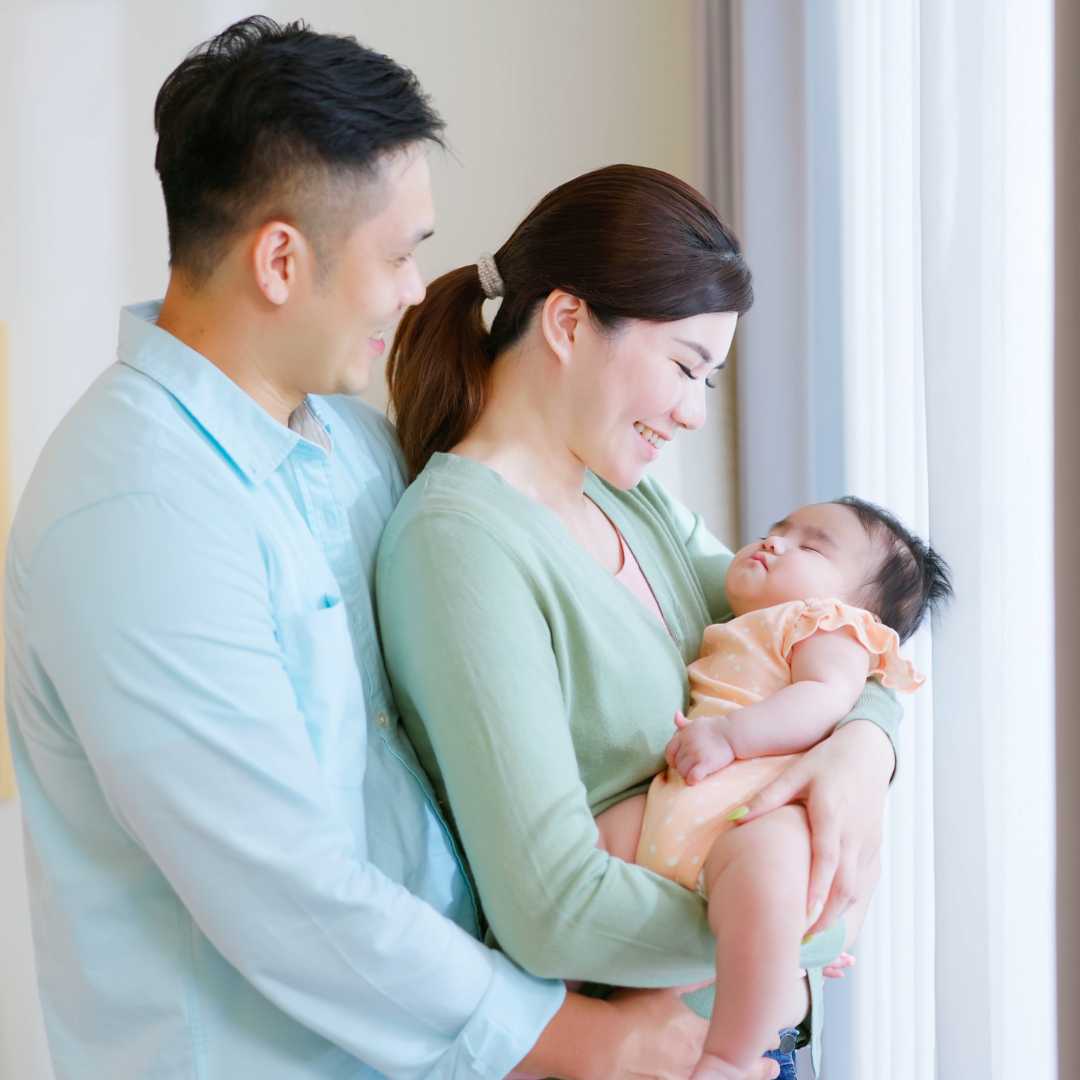
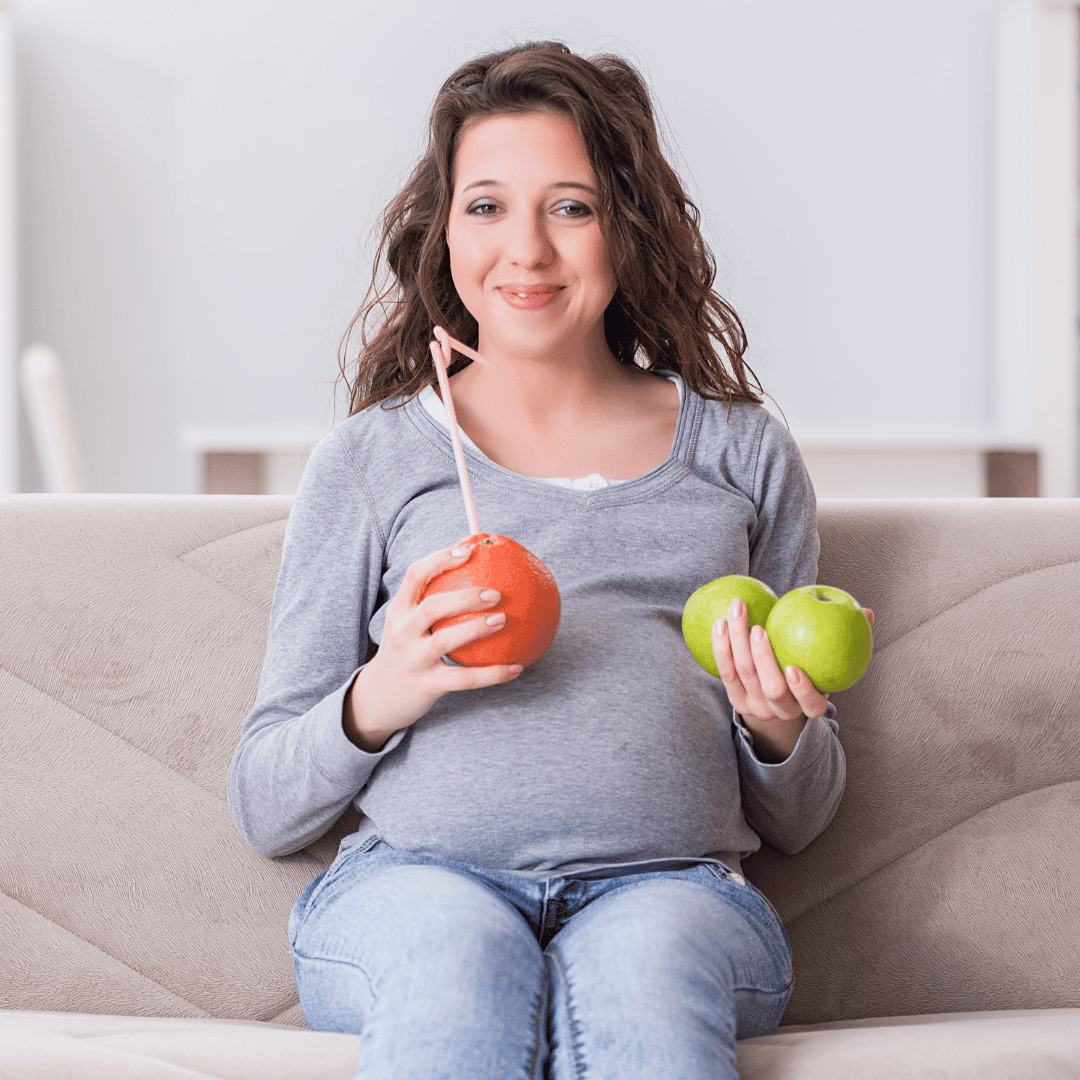

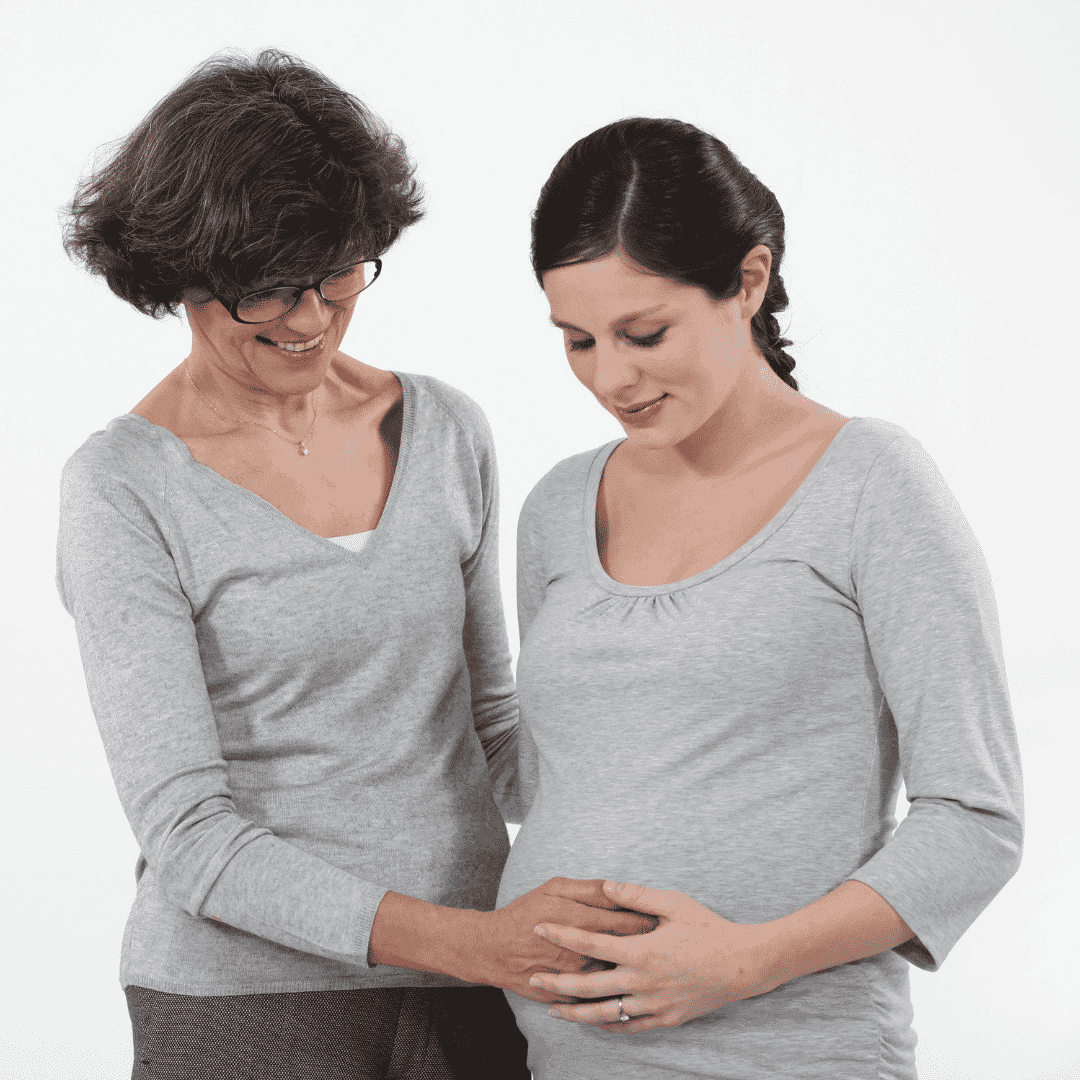

.png)
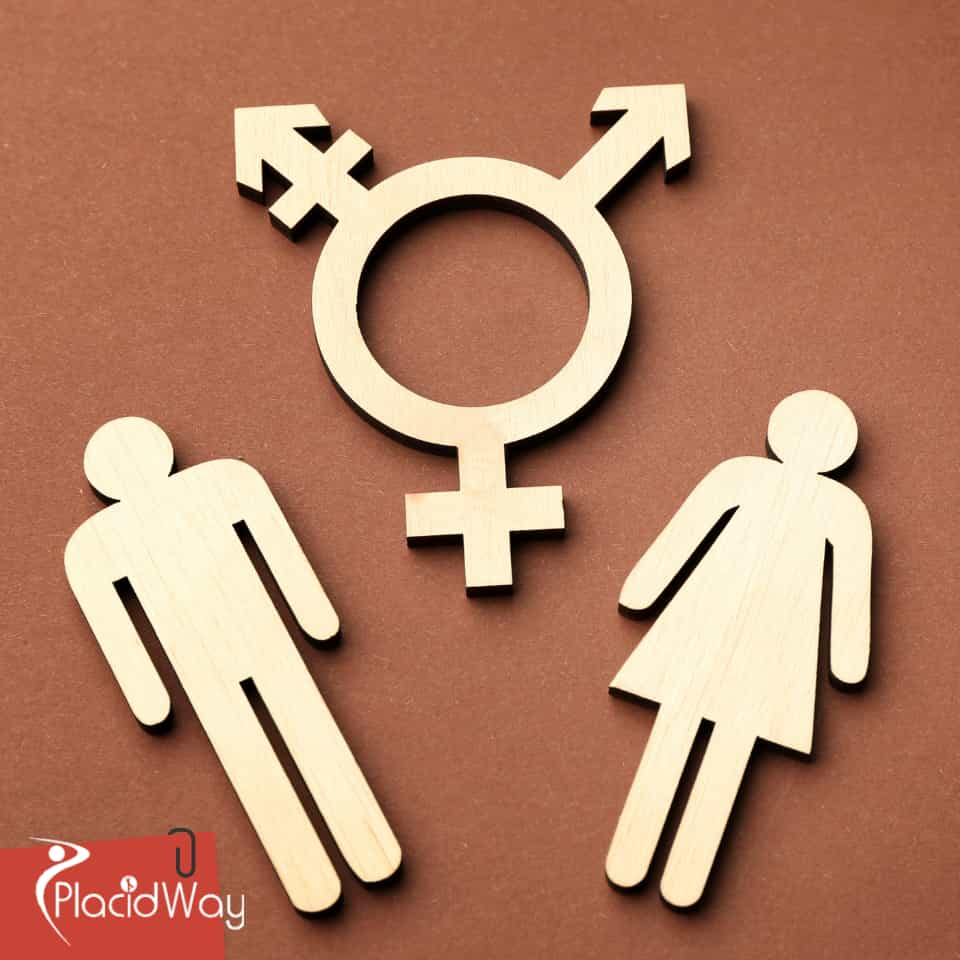
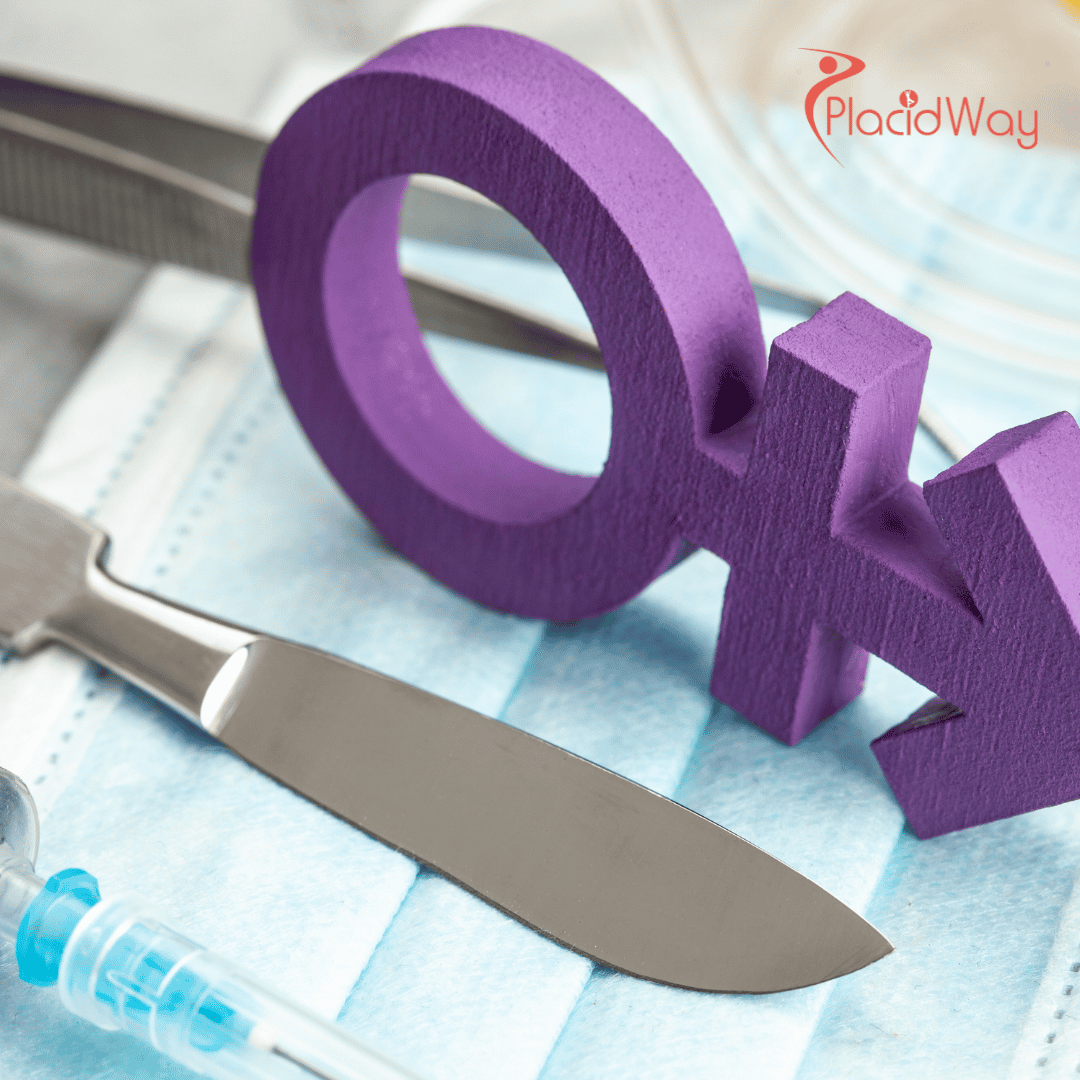
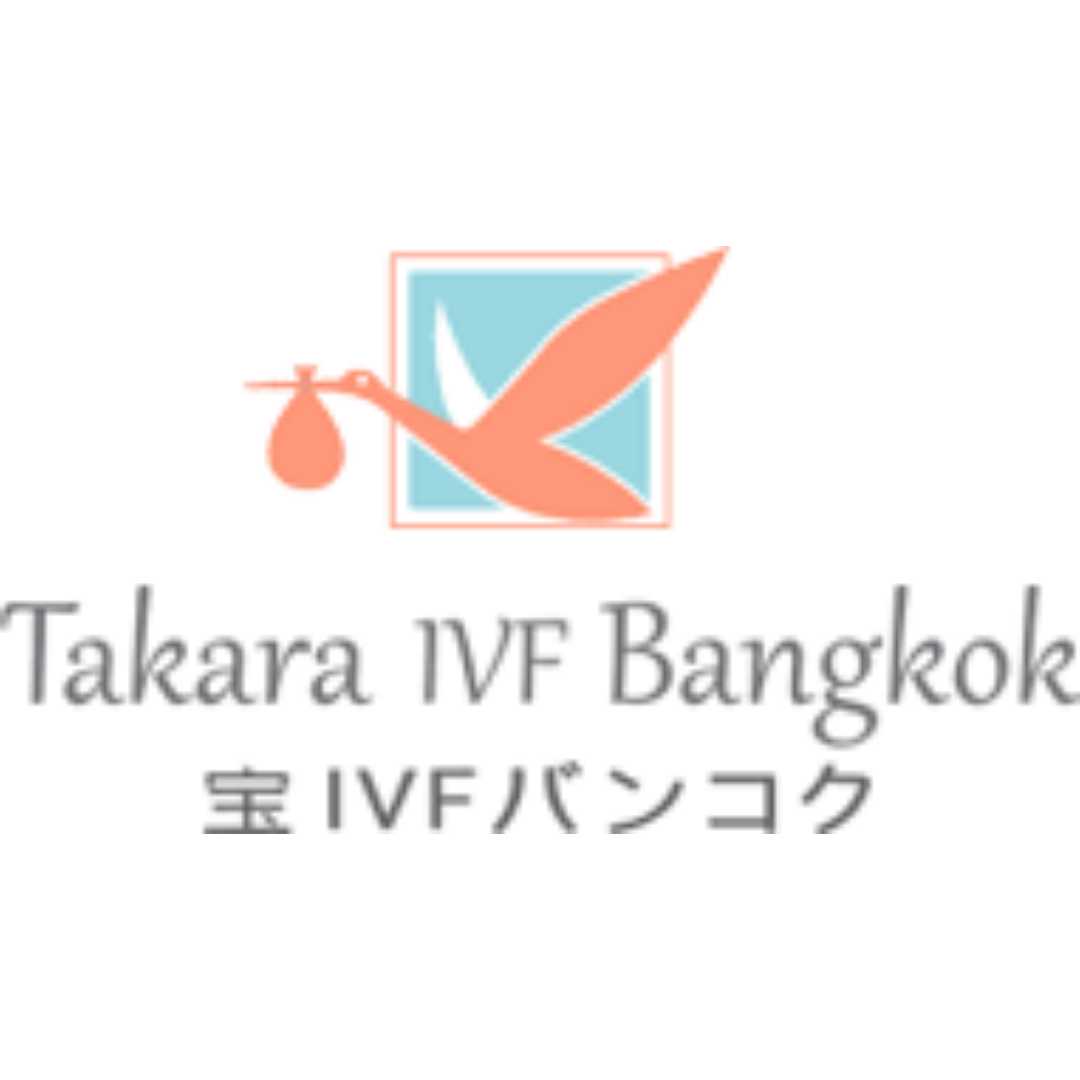
.png)
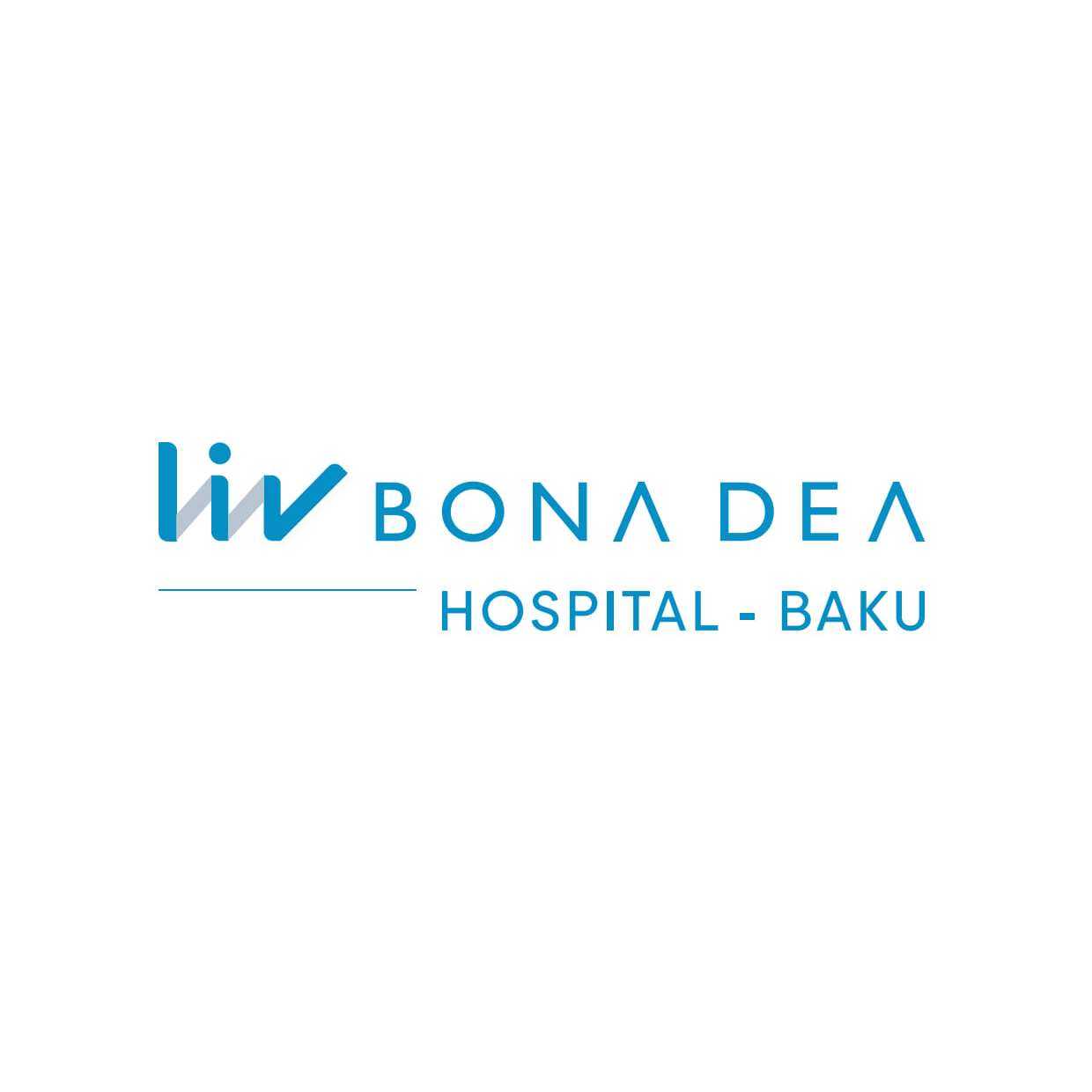
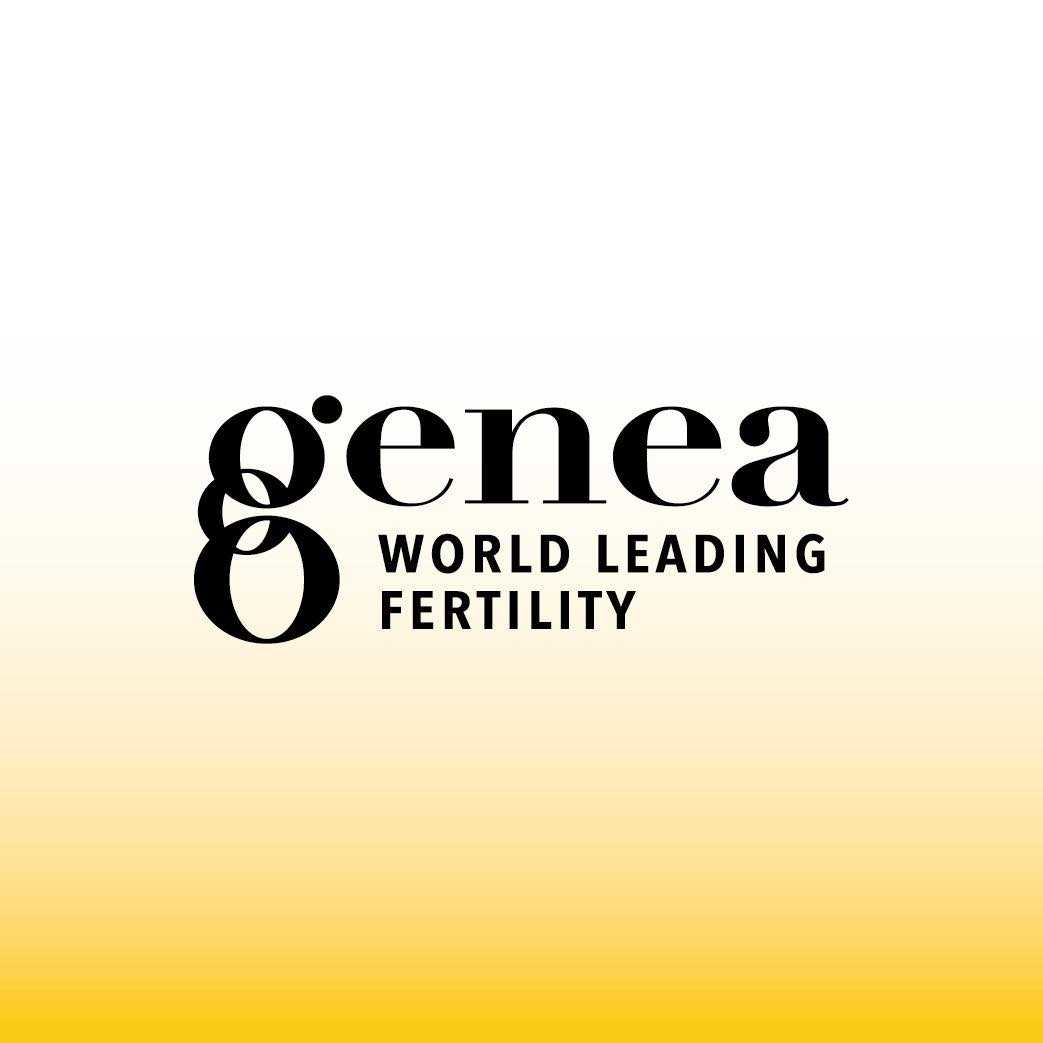
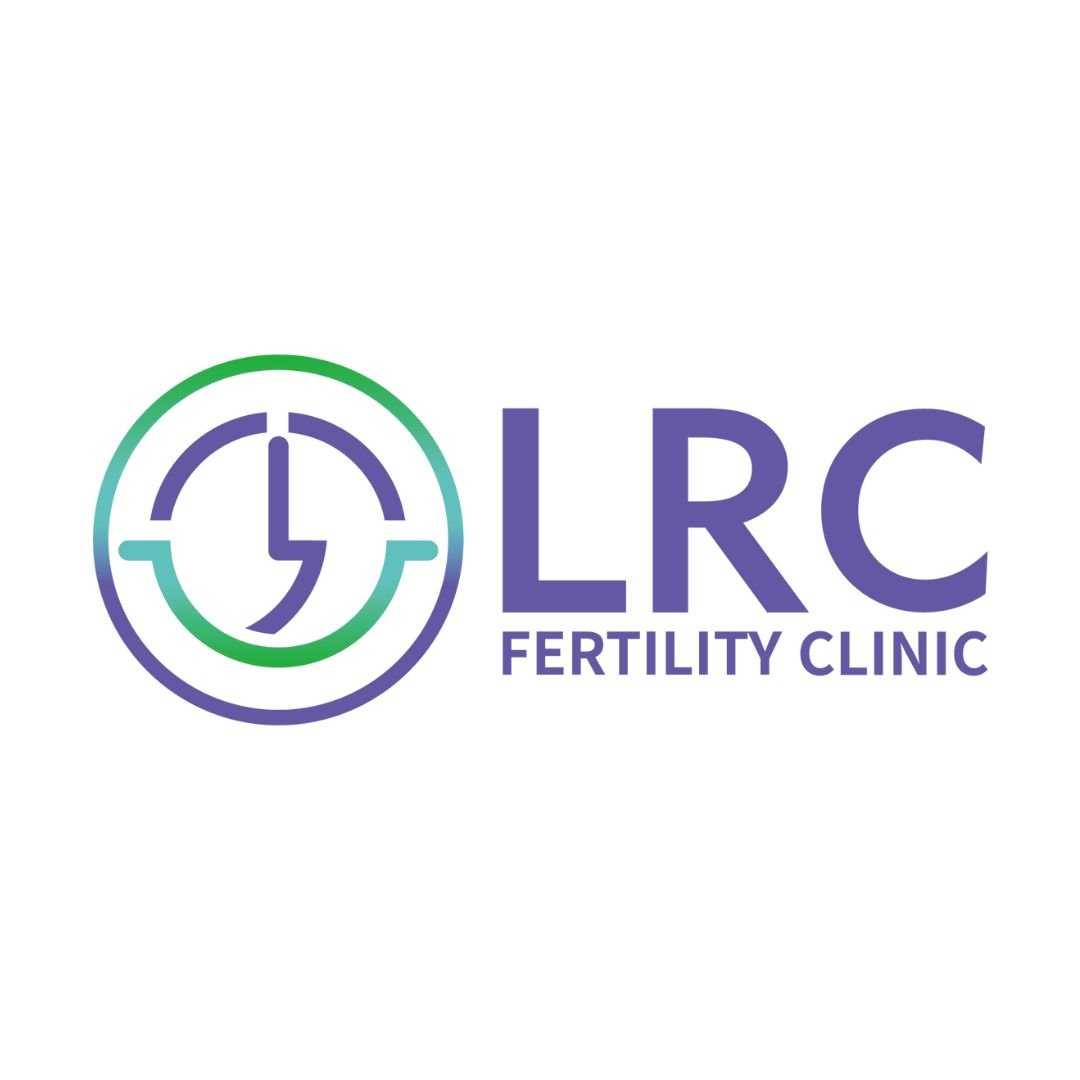

Share this listing